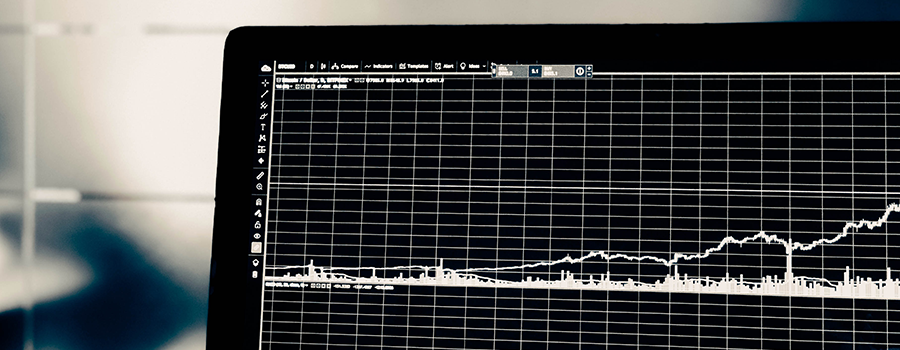
The University has awarded seed funding to support critical research to better understand and respond to the outbreak of the novel coronavirus SARS-CoV-2. GCSC affiliate faculty engaged in these efforts are shown below.
Frederick Adler, Departments of Mathematics and Biology: Mathematically modeling the impact of viral interactions and evolution on the COVID-19 pandemic.
Divya Chandrasekhar, Department of City & Metropolitan Planning: Effectiveness of multi-hazard response planning for concurrent disasters (Case study: COVID-19 and post-earthquake response in the Salt Lake City Metro Region)
Sarah Grinkeski, Department of Sociology, and and Tim Collins, Department of Geography, Effects of the COVID-19 Pandemic on Undergraduate Research Experiences: A Multi-institutional Study
Alexander Hohl, Richard Medina and Neng Wan, Department of Geography: A Geospatial Big Data Platform for Understanding Population Sentiment Toward the Spread of COVID-19 in the United States
Monisha Pasupathi, Department of Psychology: College, Interrupted: Individual differences in freshmen college student mental health, identity, and retention in college as a function of covid-19 disruptions to education across four institutions
Jennifer Weidhaas and Ramesh Goel, Department of Civil and Environmental Engineering: Municipal wastewater monitoring based surveillance and prediction tools for community level occurrence and spread of COVID-19.
“Urban waterways could potentially provide a major transport pathway for deadly viruses such as COVID-19. The goal of this project is to determine the presence of COVID-19 in Salt Lake City sewer lines using our newly developed molecular biomarkers. The data will be used to estimate risk assessment towards human health using microbial risk assessment tools.” Read more about this project in the news.
